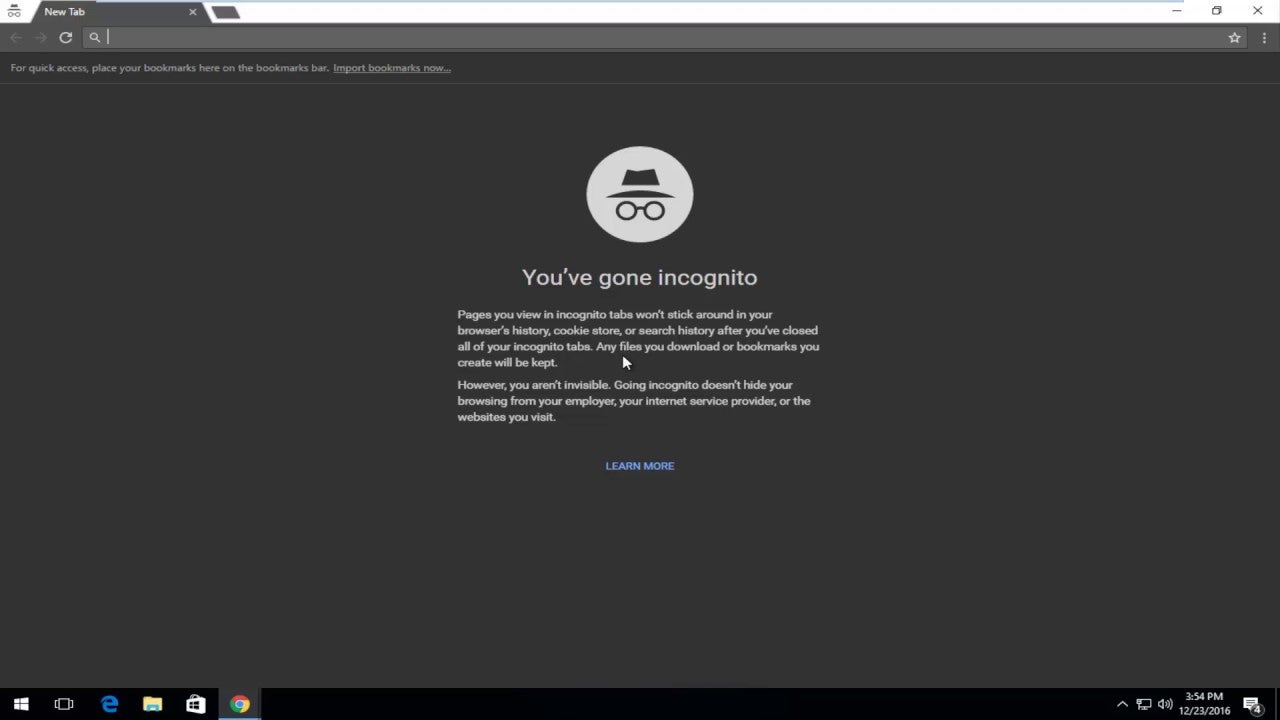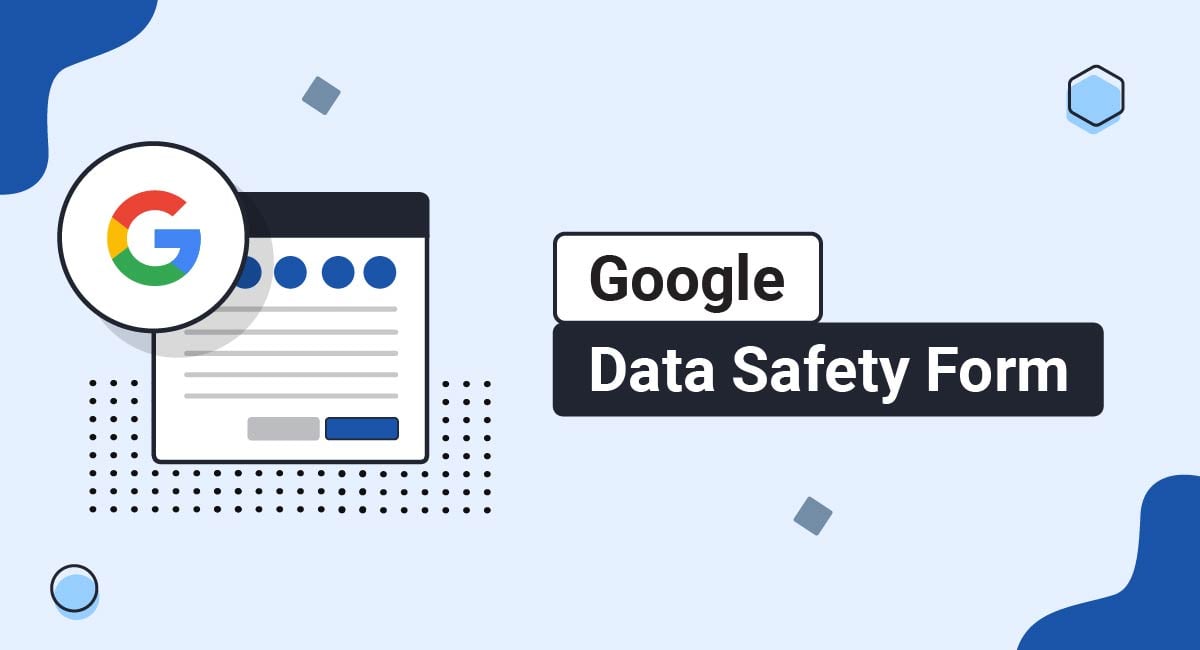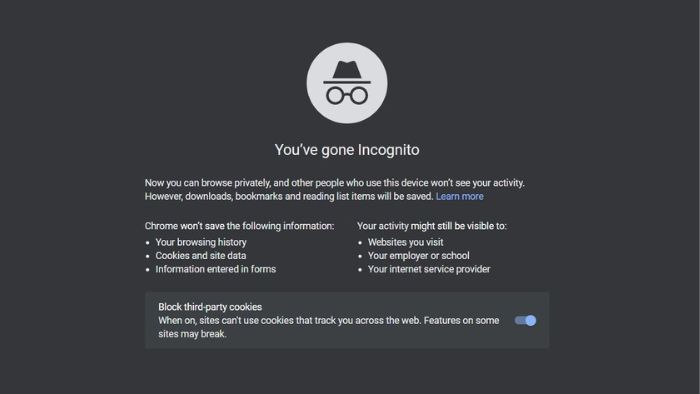In the realm of data privacy and legal actions, Google has been under scrutiny for its recent controversial moves. From incognito data deletion to facing a class action lawsuit and experiencing a notable legal defeat, the tech giant’s measures have sparked debates about user data protection. Explore the complexities and implications of Google’s data privacy legal actions, shedding light on the risks associated with terms like ‘private’ and the impact of disabling third-party cookies. Additionally, delve into the timeline of data collection practices to understand the evolution of these contentious issues, including Google’s responses to growing privacy concerns.

Google’s Actions on Data Privacy
Google’s recent legal actions have brought data privacy concerns to the forefront. In response to a 2020 class action lawsuit, Google is deleting billions of user data collected through incognito mode in Chrome. This move signifies a significant step in addressing improper data collection practices that ran afoul of third-party cookie blocking regulations.

Google’s Legal Defeat and User Compensation
In a significant legal setback for Google in 2021, the court ruled against the tech giant, highlighting that users were inadequately informed about data collection while using the incognito mode. This ruling sheds light on the importance of transparency in data privacy practices, especially concerning confidential browsing sessions.
Despite the court’s decision, no financial compensation was awarded to the plaintiffs involved in the case. This outcome underscores the challenges users face in seeking recompense for data privacy violations, emphasizing the need for individuals to pursue their claims diligently. Google’s defeat in this case serves as a reminder of the ongoing struggle to safeguard user data in the digital age.

Data Collection Timeline and Concerns
-
Google data privacy legal actions are at the forefront, with a recent lawsuit encompassing user data gathered since 2016. This legal action has sparked concerns regarding potential unauthorized data sharing practices or alternative uses of collected information.
-
The timeline of data collection practices under scrutiny stretches back to 2016, indicating a long-standing period of potentially questionable data handling by Google. This raises significant concerns among users regarding the protection and appropriate usage of their personal information.
